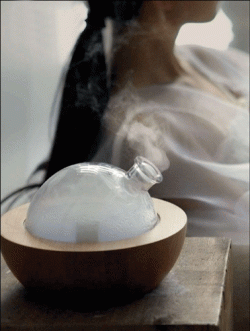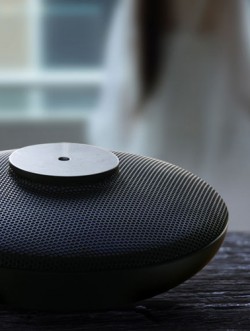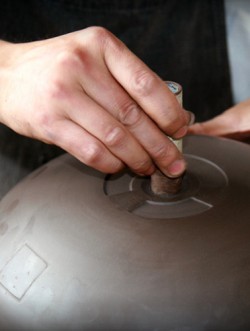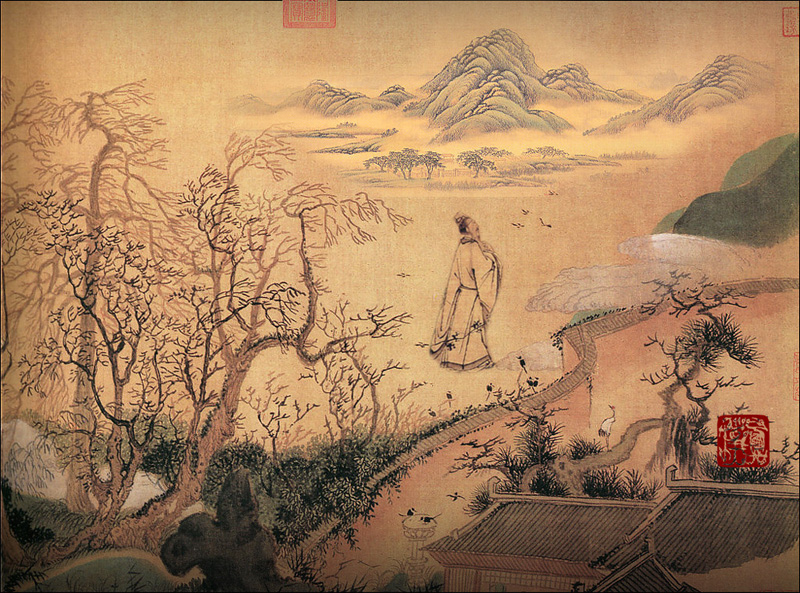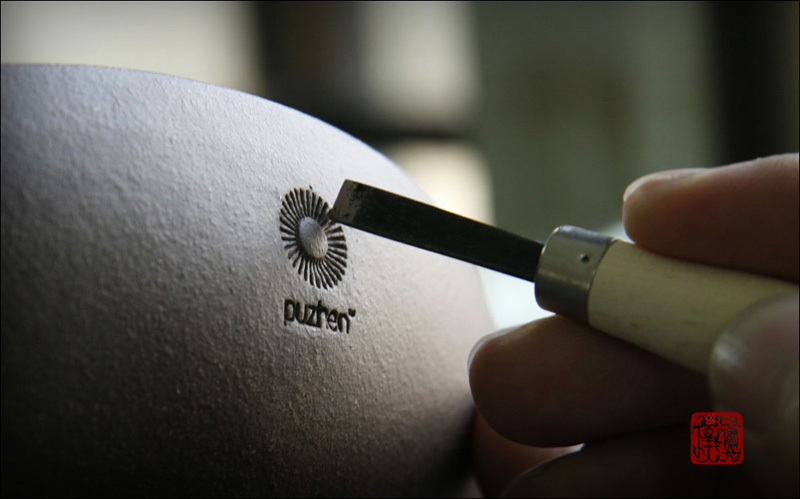Purple clay is a very special kind of clay known for centuries in Chinese as the famous zi sha. It is exclusively produced in China’s pastoral region of Jiangnan.
A long time ago, legend has it…
…a monk arrived at a small village in Jiangnan. He roamed around the village, shouting: “The clay can make you rich! The clay can make you rich!” The curious villagers followed the monk through the village streets. They walked and walked until they came to a spot just outside the village. The monk then suddenly disappeared.
At the exact spot where the monk had stood, the villagers found a kind of clay unlike anything they had ever seen before. After heating it, they were amazed to discover that they clay could be baked into different colors and shaped into extraordinary pottery. From that day on, the art of molding, tempering, and baking this purple clay was passed down through countless generations. Even today, the purple clay pottery is made in a small village on a hillside in Jiangnan.
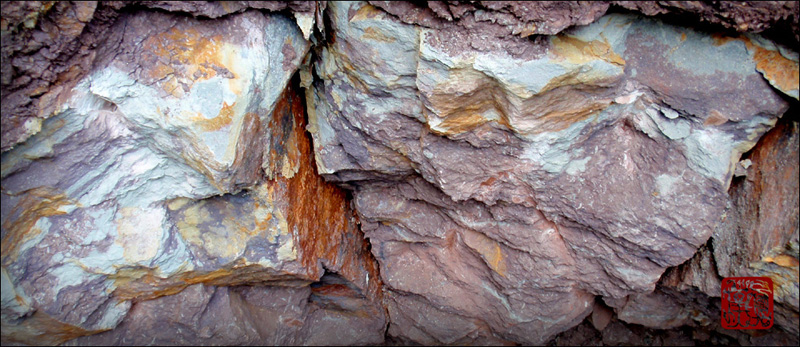
Purple clay is different from any other clay. It was formed 350 million years ago, during the Paleozoic Devonian age. It is a combination of symbiotic mineral materials including quartz and mica, which are high quality, natural and active, that give the clay its exceptional features.
Purple clay is also known as “five-colored clay”—purple, black, green, yellow, and white. The colors are bright, simple and stylish.
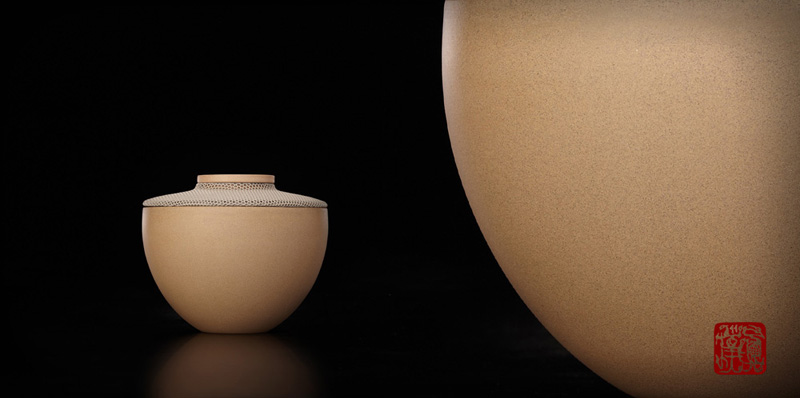
Ceramics made of purple clay have a bright surface with a granular, sandy feel. In fact, that is where zi sha gets its name—zi means purple, and sha means sand. But at the same time, purple clay ceramics are smooth with a natural glossiness. No glazing is needed, and after a period of handling, the texture becomes warm and moist like jade.
Traditional pottery methods such as spinning are not suitable for this special clay, and so it can only be handmade. This craftsmanship has been refined in China for over a thousand years, culminating in the exquisite purple clay products we see today.
Related Products: SHA Five-Sense Aroma Diffuser
